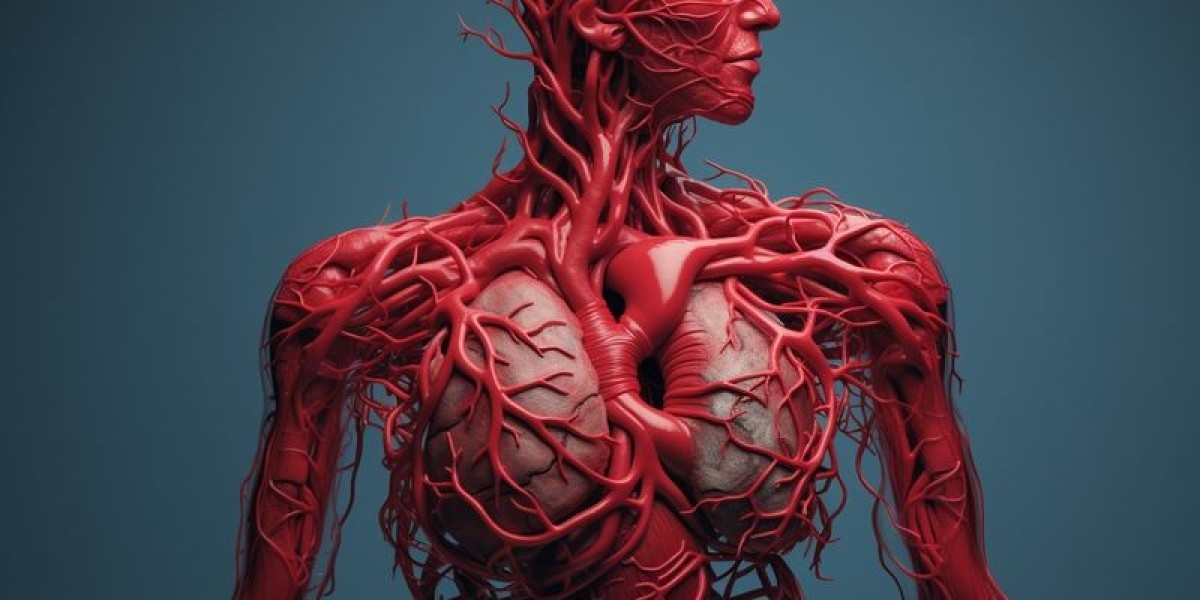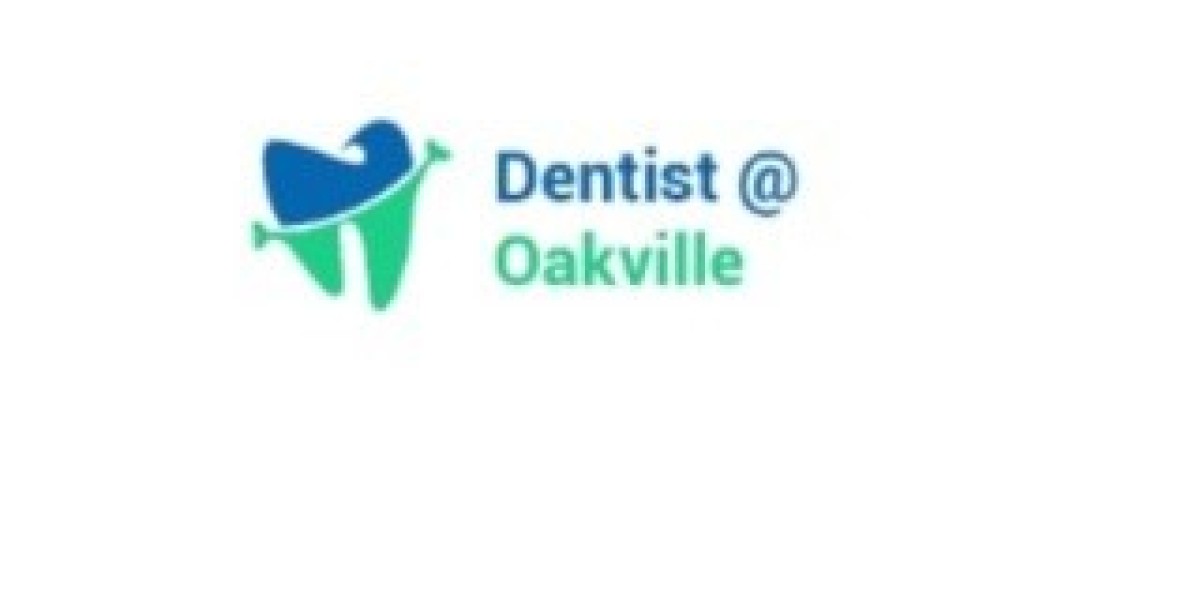Symptoms of Hypertension:
One of the most challenging aspects of hypertension is its asymptomatic nature in the early stages. Many individuals may not experience any noticeable symptoms until the condition reaches advanced levels. However, as hypertension progresses, some individuals may eventually exhibit the following signs:
1. **Headaches**: Frequent and severe headaches can be a symptom of hypertension. These headaches typically occur at the back of the head and may be accompanied by dizziness.
2. **Fatigue**: Persistent fatigue and a feeling of being unwell without any apparent reason can be an indicator of high blood pressure.
3. **Shortness of Breath**: Difficulty breathing, especially during physical activity, may suggest hypertension. This is due to the heart's increased effort to pump blood against elevated pressure in the arteries.
4. **Chest Pain**: Chest pain or discomfort may occur in cases of severe hypertension and could be a sign of heart-related complications.
5. **Vision Problems**: Hypertension can affect blood vessels in the eyes, leading to vision problems like blurred vision or even vision loss in extreme cases.
6. **Nosebleeds**: While not a common symptom, recurring nosebleeds may be associated with hypertension in some individuals.
Diagnosis of Hypertension:
Given the silent nature of hypertension, regular check-ups and monitoring are crucial for early detection. The gold standard for diagnosing hypertension is measuring blood pressure. Blood pressure readings consist of two numbers:
1. **Systolic Pressure**: The higher number, representing the pressure when the heart beats.
2. **Diastolic Pressure**: The lower number, representing the pressure when the heart rests between beats.
A normal blood pressure reading is typically around 120/80 mm Hg. Hypertension is diagnosed when multiple readings on separate occasions consistently exceed 130/80 mm Hg.
To diagnose hypertension accurately, healthcare professionals may employ the following methods:
1. **In-Office Blood Pressure Measurement**: Healthcare providers use a sphygmomanometer to measure your blood pressure in a clinical setting.
2. **Ambulatory Blood Pressure Monitoring**: This involves wearing a portable blood pressure monitor for 24 hours to obtain a more comprehensive assessment of your blood pressure throughout the day and night.
3. **Home Blood Pressure Monitoring**: Some individuals may be advised to monitor their blood pressure at home using a home blood pressure monitor. This can help in identifying white-coat hypertension (elevated blood pressure in a medical setting due to anxiety).
4. **Additional Tests**: In cases where there are signs of organ damage or secondary hypertension, further tests such as urine analysis, blood tests, and imaging studies may be conducted.
Popular Remedies for the Treatment of Hypertension:
Several treatments are available for managing hypertension, including lifestyle modifications and medications. It's important to consult with a healthcare professional to determine the most appropriate treatment plan. Here are some popular remedies that have been used in managing hypertension:
1. **WELLTONE**: https://gerleos.de. WELLTONE is a dietary supplement formulated to support cardiovascular health and maintain healthy blood pressure levels. It is rich in essential nutrients that contribute to overall well-being.
2. **Cardioton**: https://die-schrauber-stube.de. Cardioton is a herbal preparation known for its potential to promote heart health and help regulate blood pressure. It is often used as an adjunct therapy alongside conventional treatment.
3. **NORMATEN**: https://coworkingbajoaragon.es. NORMATEN is a prescription medication that contains active ingredients effective in lowering blood pressure. It is prescribed by healthcare providers based on individual patient needs.
4. **RECARDIO**: https://recardios.de. RECARDIO is a dietary supplement designed to enhance cardiovascular health by providing essential nutrients that support healthy blood circulation and blood pressure regulation.
In conclusion, hypertension is a prevalent condition with potentially severe health consequences. Recognizing its symptoms and seeking early diagnosis through regular blood pressure monitoring is essential for timely intervention. While lifestyle modifications play a crucial role in managing hypertension, various remedies, including WELLTONE, Cardioton, NORMATEN, and RECARDIO, can complement conventional treatments when prescribed by a healthcare professional. Always consult with a medical expert to determine the most suitable approach to managing hypertension for your specific needs.








